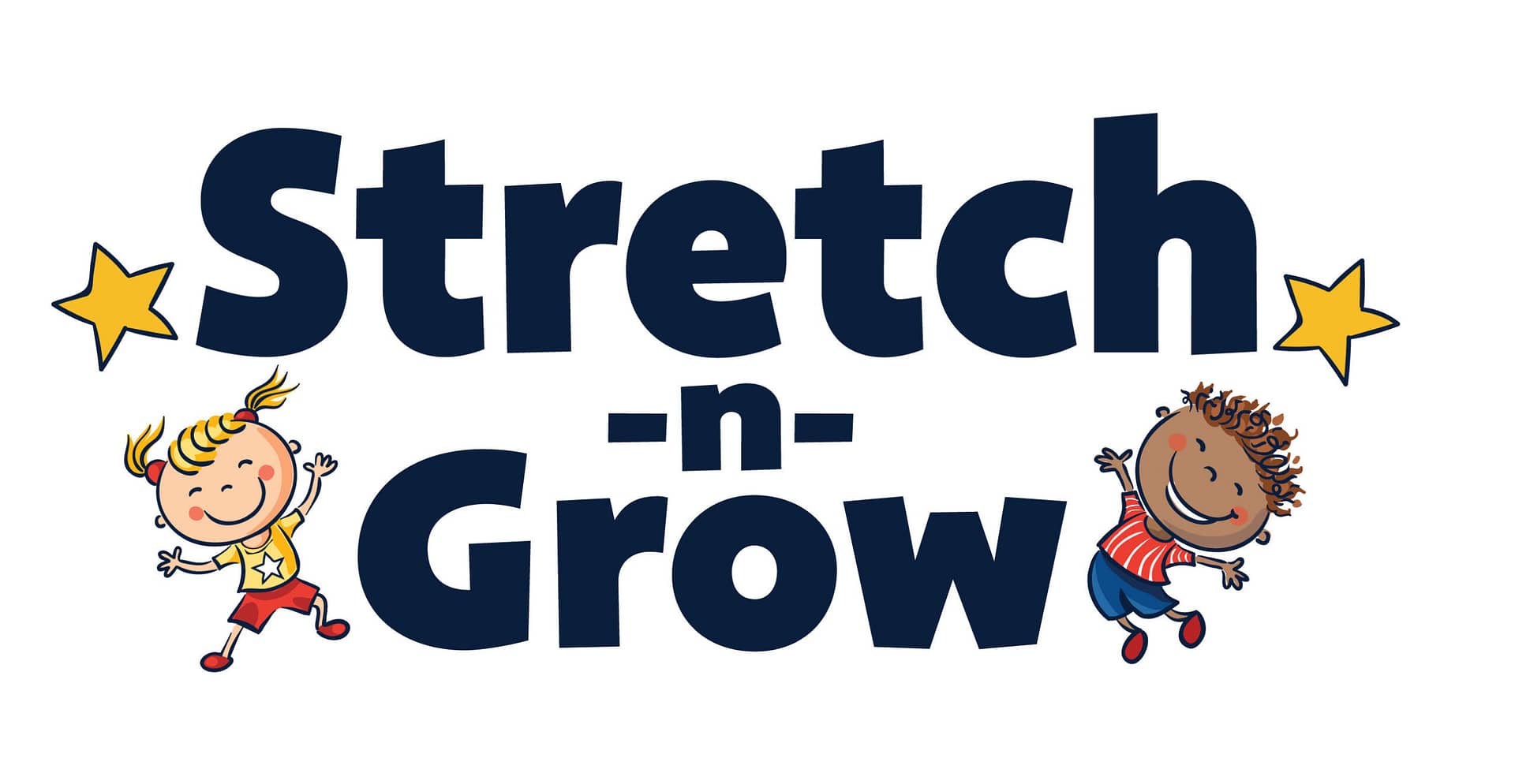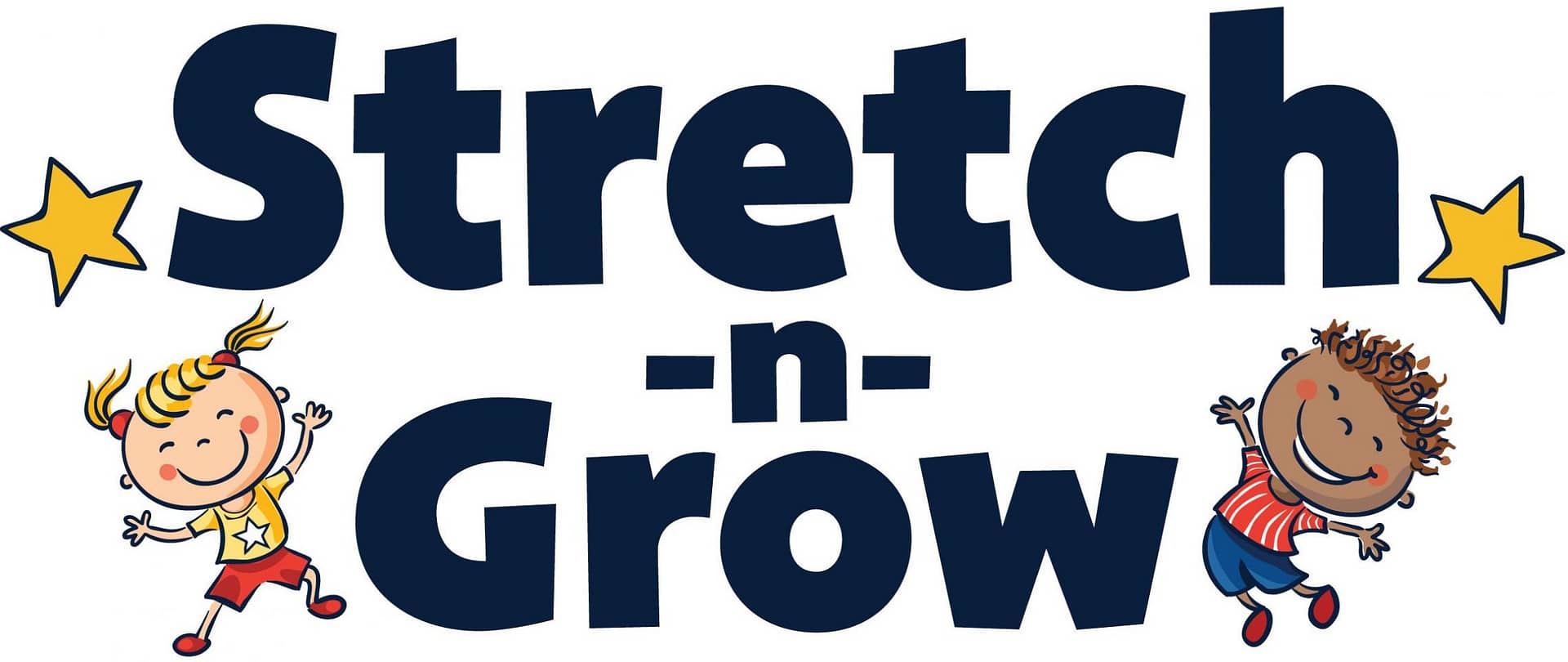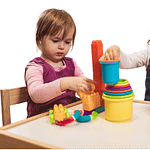Benefits of Exercise for Preschool Children. Exercise in preschool children isn’t just about burning energy—it’s a powerful tool for nurturing healthy, happy development across every domain of growth. Here’s a deeper look at the wide-ranging benefits:
Cognitive Development
- Boosts brain function: Physical activity improves blood flow to the brain, enhancing memory, attention, and problem-solving skills.
- Supports learning: Active play helps children absorb and retain new information more effectively, laying the groundwork for academic success.
Physical Health
- Builds strong bones and muscles: Activities like jumping, climbing, and running strengthen the musculoskeletal system.
- Improves coordination and motor skills: Regular movement refines balance, agility, and hand-eye coordination.
- Supports healthy weight: Active children are more likely to maintain a healthy body composition and reduce the risk of childhood obesity.
Emotional & Social Well-being
- Reduces stress and anxiety: Movement releases endorphins, helping children feel happier and more relaxed.
- Builds confidence: Mastering new physical skills boosts self-esteem and encourages a “can-do” attitude.
- Encourages teamwork and empathy: Group activities teach cooperation, turn-taking, and emotional regulation.
Long-Term Impact
- Establishes lifelong habits: Children who enjoy physical activity early are more likely to stay active into adulthood.
- Reduces risk of chronic diseases: Regular movement lowers the risk of type 2 diabetes, heart disease, and other long-term health issues.
According to the NHS, preschoolers should engage in at least 180 minutes of physical activity per day, including at least 60 minutes of moderate-to-vigorous activity like running, dancing, or climbing.
More about the Benefits of Exercise for PreSchool Children
If you would like more information on Pre School activity levels Click here
The NHS is a great resource. Stretch-n-Grow is a Worldwide Programme. Contact us





